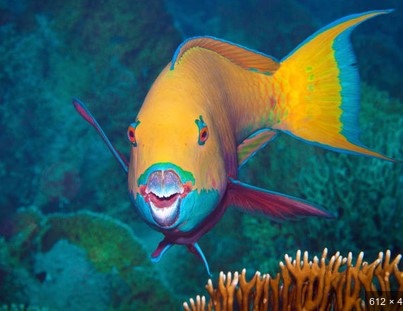Key outcomes and commitments from the conference which are aimed at accelerating action for ocean conservation and sustainable use included:
Nice Ocean Action Plan: The conference adopted the Nice Ocean Action Plan, which includes a political declaration titled “Our Ocean, Our Future: United for Urgent Action” and over 800 voluntary commitments from governments, scientists, UN agencies, and civil society.
High Seas Treaty Boost: There was significant progress towards the entry into force of the High Seas Treaty (Agreement under the UN Convention on the Law of the Sea on the Conservation and Sustainable Use of Marine Biological Diversity of Areas beyond National Jurisdiction – BBNJ Agreement). The number of countries that ratified the treaty increased from 32 to 50 during the conference, moving closer to the 60 ratifications needed for its entry into force.
Financial Commitments: Over €8.7 billion in investments were pledged by philanthropists, private investors, and public banks for accelerating ocean conservation in the next five years. Additionally, the European Investment Bank committed an extra €15 billion over the next three years to safeguard the EU’s water resources.
Marine Protected Area Expansion: The conference aimed to accelerate global Marine Protected Area (MPA) coverage from 8% to more than 10%. Several countries, including France (notably French Polynesia with plans for the world’s largest MPA and largest no-take area), Samoa, Portugal, Colombia and the Marshall Islands, announced new area-based management initiatives and the creation of new MPAs.

New Initiatives and Coalitions: New initiatives were launched, such as the High Ambition Coalition for a Quiet Ocean, the Ocean Tourism Pact and the One Ocean Finance Facility. France and Brazil also urged placing ocean solutions at the core of global climate and development policies through the “Blue NDC Challenge.”
Deep-Sea Mining: Support grew for a precautionary pause on deep-sea mining, with 37 countries now supporting a pause or outright ban.
Ocean Science and Monitoring: There was an emphasis on strengthening and better disseminating marine science knowledge to enhance policy-making. The “10,000 ships for the ocean” initiative was launched by WMO and its partners to address gaps in ocean observations.
Local Community Involvement: The importance of strengthening the role of local communities in ocean conservation was stressed.
Urgent Call for Action: Despite progress, the conference highlighted that action is not advancing at the speed or scale required to meet Sustainable Development Goal 14 and address the global emergency facing the ocean.
This summary is based on information from various sources, including news reports and institutional statements related to the conference. For more detailed information see the following links:
- UN Ocean Conference Closes with a Wave of Committments – UN News
- Is the Ocean Having a Moment? This was the UN Summit where the World woke up to the Decline of the Seas (The Guardian)
- UN Ocean Conference Ends with Momentum – and Missed Chances to Protect the Ocean (World Resources Institute)
- Glimmer of Hope for Marine Life at UN Oceans Conference (BBC)
- UN Ocean Conference 2025
…………………………………
Noonsite has not independently verified this information.
If you have found this information useful, become a paid member to enjoy unlimited use of Noonsite plus many other perks. Your membership fees really help our small, dedicated team keep country information up-to-date in support of cruisers worldwide. Find out more about Noonsite Membership levels and benefits here.
Subscribe to our FREE monthly newsletter: https://www.noonsite.com/newsletter/

